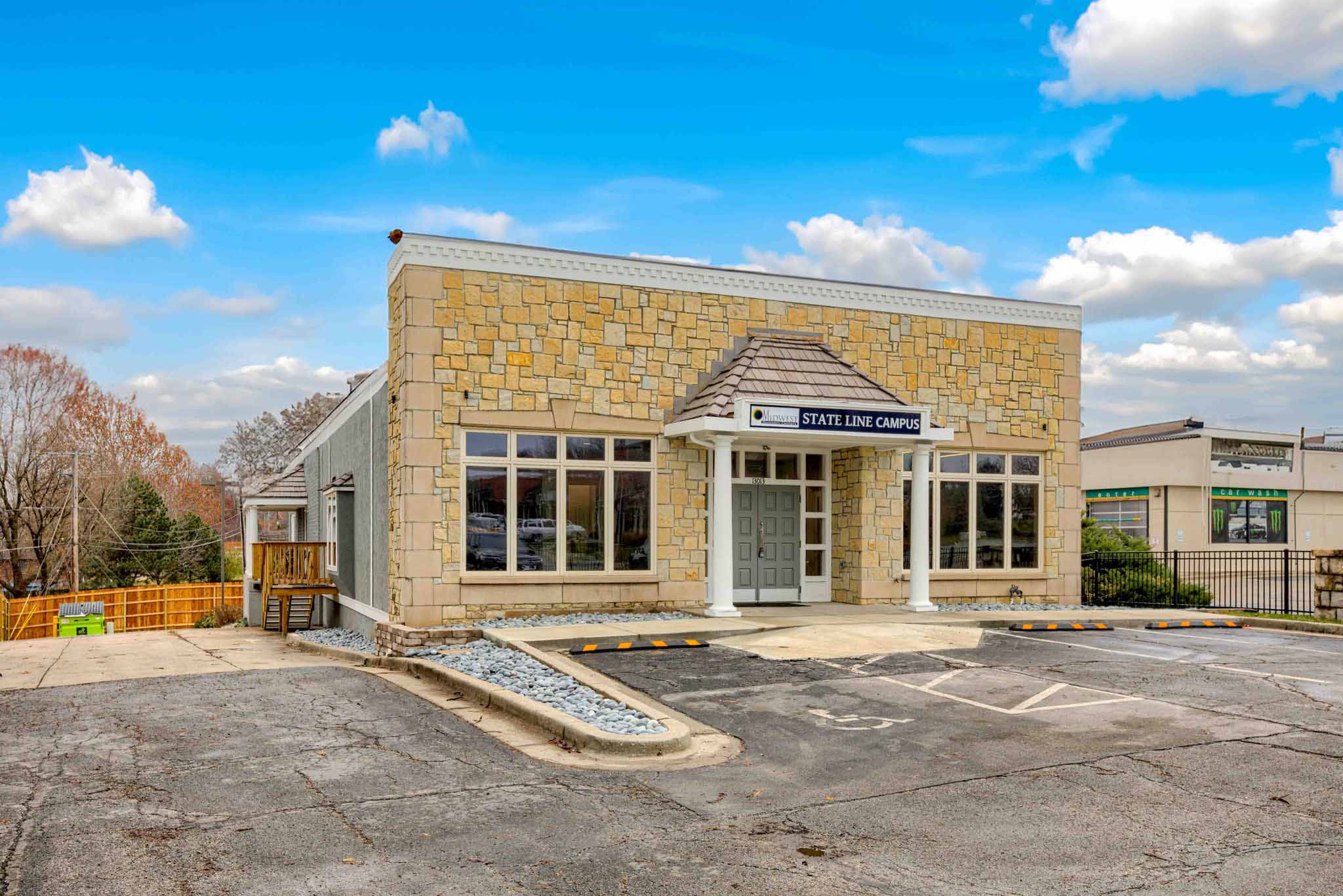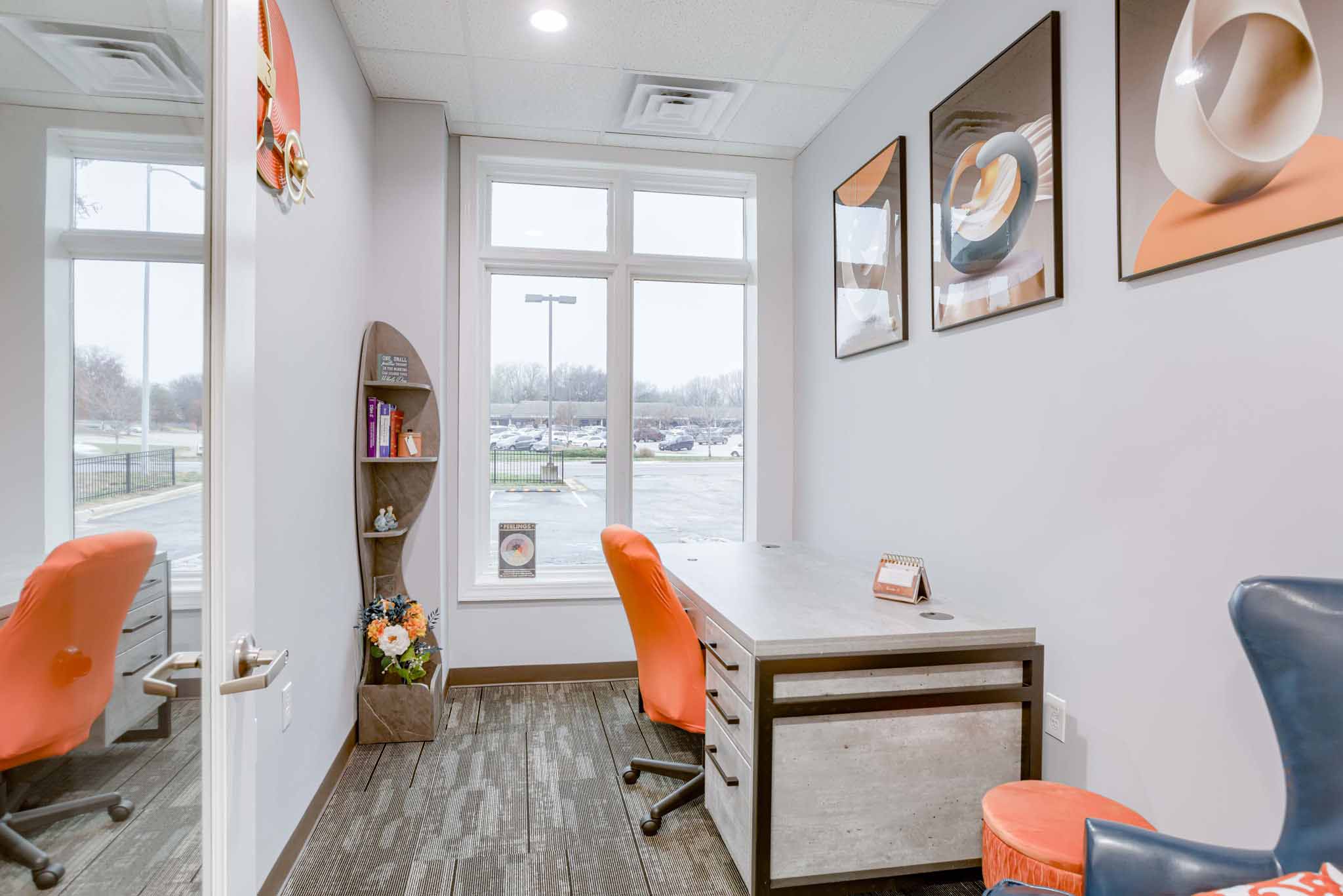Depression Treatment
Depression can be debilitating. When the symptoms of depression, also known as major depressive disorder, impact you, it can feel like a heavy burden, negatively affecting every part of your life. While it’s a serious medical and mental health disorder, depression is somewhat common. It’s also treatable, which is one of the biggest takeaways to always keep in mind.
As is true with other mental health disorders, depression affects how you behave, think, and feel. Primary symptoms include ongoing feelings of sadness or emptiness, loss of interest in activities that you enjoyed at one time, and withdrawal from the people you love. Over time, depression can lead to a range of not only mental and emotional symptoms but also physical health complications.
While it can feel overwhelming, depression is very much treatable with the proper care and approach that takes into consideration your needs as a whole person. You are more than depression, and a treatment program should reflect all of your multifaceted needs.

Understanding Depression
Depression is a mood disorder. For a diagnosis to be made, a person has specific symptoms present for at least two weeks.
There are a few different kinds of depression. The most commonly diagnosed type is major depression. Symptoms include a low, depressed mood and loss of interest the majority of the time for a minimum of two weeks. Your symptoms often interfere with your daily life very significantly.
Other types include:
- Seasonal affective disorder, where symptoms typically begin in late fall or early winter and subside during spring and summer
- Persistent depressive disorder (dysthymic disorder or dysthymia) is where symptoms last more extended periods but are less severe overall
- Perinatal depression, starting during or post-pregnancy
- Depression with symptoms of psychosis, which is severe and includes symptoms such as delusions or hallucinations
- Bipolar disorder also includes episodes of depression but manic periods as well
General depression symptoms may include:
- Persistent feelings of sadness, emptiness, or anxiety
- A sense of pessimism or hopelessness
- Irritability, restlessness, or frustration
- Guilt or a sense of helplessness or worthlessness
- Loss of interest in things you once enjoyed
- Fatigue or low energy
- Problems with sleeping, like sleeping too much or having problems sleeping
- Physical symptoms such as pain, cramps, headaches, or digestive problems
- Thoughts of suicide or death
Someone with depression might not necessarily experience all of the above symptoms. You can experience a few or many, but they do affect your day-to-day functionality and create distress for you when you experience them.
Other changes to your behavior or mood related to depression can include:
- Being detached or socially withdrawn
- Feeling edgy
- Increases in anger
- Engaging in high-risk activities or being impulsive
- Misuse of substances
- Not being able to keep up with work or home responsibilities
- Problems with sexual performance or desire
Depression Risk Factors
As one of the most frequently diagnosed mental health disorders, depression risk factors are complex and can be biological and genetic, environmental, and psychological. It often occurs first in adulthood, although children and young people can have depression as well.
Brain chemicals are thought to contribute to depression symptoms, and it is a condition that can run in families. Certain personality traits, such as low self-esteem or pessimism, are linked with depression.
Environmental risk factors can include violence or abuse exposure, neglect, or poverty.
Depression impacts people from all backgrounds, ages, races, and genders. It’s more commonly diagnosed in women than men, but that doesn’t necessarily mean women are more likely to experience depression. It could be that men are less likely to recognize symptoms or seek help for them.

Depression Treatment
While living with depression can be difficult, and it’s considered a chronic disorder, it is also very much treatable. In fact, it’s estimated that 80-90% of people with depression respond well to treatment. Nearly everyone who seeks treatment gets some level of symptom relief.
Broadly, some of the approaches to treating depression that are evidence-based include:
Medication
Since brain chemistry is believed to be linked to depression, medications are very often part of treatment plans. Antidepressants can modify brain chemistry without being habit-forming. They also don’t have stimulant effects. It can take weeks to start seeing the benefits of depression medications.
Talk Therapy
Also known as psychotherapy, talk therapy can sometimes be used alone for mild depression symptoms but more often is combined with medicines and other treatments. Cognitive-behavioral therapy (CBT) is an example of talk therapy effective for the treatment of depression. When participating in CBT, you focus on solving particular problems in the present.
Your therapist helps you begin to recognize negative ways of thinking so you can change those thoughts and then your behavior.
Self-Help
Various self-help strategies can be taught so that someone affected by depression can learn to manage stress and negative feelings more effectively. For example, exercise can be one self-help tool that’s highly effective to help with reducing and managing depression symptoms.
Treatment at Midwest Recovery Centers
At Midwest Recovery Centers, we work with patients to help them overcome their depression symptoms and live self-directed, fulfilling lives. Our 45-day depression mental health program provides a safe, supportive, and structured environment that prepares you to transition back into your daily life when treatment is complete.
We offer individual and holistic treatment plans, as well as medication management guided by leading-edge DNA testing. Our integrative approach to the treatment of depression ensures that your needs are met in all ways, physically and mentally.
We’re not just treating your symptoms. Treatment plans integrate traditional approaches as well as holistic and naturopathic approaches for sustained depression recovery.
Integrated approaches to treating addiction can include:
- Talk therapy includes not only CBT but also Dialectical Behavioral Therapy (DBT), which helps patients deal with intense emotions.
- Acceptance and Commitment Therapy (ACT)
- Hypnotherapy
- Psychoeducation groups
- Experiential groups
- Yoga
- Mindfulness
- Light therapy
- Creative writing
- Process groups
We also offer Transcranial Magnetic Stimulation or TMS. This innovative, noninvasive treatment uses magnetic pulses to stimulate the nerve cells in brain areas associated with depressive disorders.
The residential environment at Midwest Recovery Centers makes sure that you’re nurtured as you identify triggers and stressors and find ways to cope with them.
If you’re struggling with depression, we encourage you to contact us today to learn about how we can help or to take the next step.

